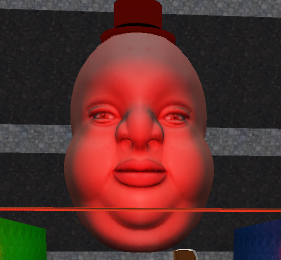Coasts
Cards (20)
- a beach is created from swash and backwash. The strength of swash and backwash deters the size of the beach
- longshore drift is when the swash transports sediment to form a beach and the backwash draws the sediment back out to sea, This happens in the direction of the longshore drift
- groyneswooden structure parallel on a beach disrupting the process of longshore drift. Can lead to terminal groyne syndrome
- sea walla concrete wall created along the coast to stop waves from attacking/ eroding the land. However this is an eye sore and expensive.
- groyneshard engineering
- sea wallhard engineering
- beach nourishmentthis is when sand and shingle from the shore is collected and shot back out of a machine onto the beach to keep the beach wide. cheap but noisy and easily ruined
- sand dune generationplanting vegetation on sand dunes so that roots of the plant hold the sand dune together and protect form trampling by people. Not that effective or long lasting.
- beach nourishmentsoft engineering
- sand dune regenerationsoft engineering
- offshore reefsenormous rocks or even tyres sunk to offshore to alter the wave direction (fetch). Expensive and difficult to install. reduces erosion power
- offshore reefssoft engineering
- rip rap (rock armour)the placement of large boulders on the edge of a cliff or on the beach to protect the coastline. not effective in storm conditions and dangerous for tourists, blocks beach
- bars are created when a spit forms across a bay connecting two headlands
- headlands are resistant rock that hasn't yet been eroded and left protruding out to sea
- bays are sheltered land in between two headlands that has eroded inwards and has retreated overtime. usually where a beach will form
- a spit is an extension of beach sediment that goes out to sea and off the coastline. It is a depositional landform. spits are created by longshore drift and the ned of a spit can curve and shelter a salt marsh
- wave cut platforms are erosional formations. The rock at the high tide waterline erodes creating a wave-cut notch and continued to erode until the cliff collapses and a platform is left behind. The cliffline retreats
- the prevailing wind is the direction of the waves
- the direction of the waves is calledfetch
